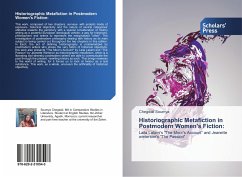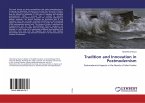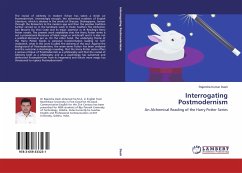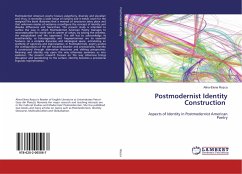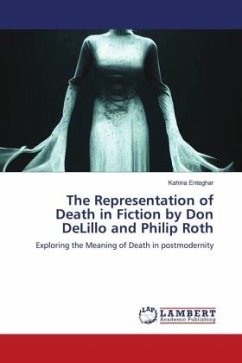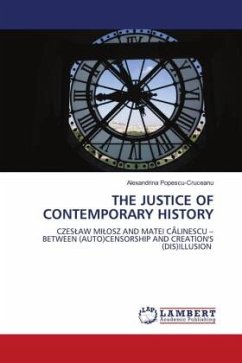This work, composed of two chapters, surveys- with analytic mode of exposure- historical objectivity and the nature of central categories' attitudes towards the periphery with a special consideration of history writing as a powerful European ideological vehicle- a way for historians, philosophers and writers to represent the marginalized "other". The investigation of postmodern philosophy dealing with history as its main subject is being carried out throughout the two chapters in this edition. In Each, the act of defining historiography is problematized by postmodern writers who stress the very fabric of historical objectivity. this work also presents "The Moor's Account" by Laila Lalami and "The Passion" by Jeanette Winteron as historiographic metafiction, which is a liberating tool whereby postmodern writers are able to communicate the past through the present, rewriting history as such. This brings newness to the world of writing, for it forces us to look at history as a text substance. This work, as a whole, uncovers the artificiality of historical objectivity.

